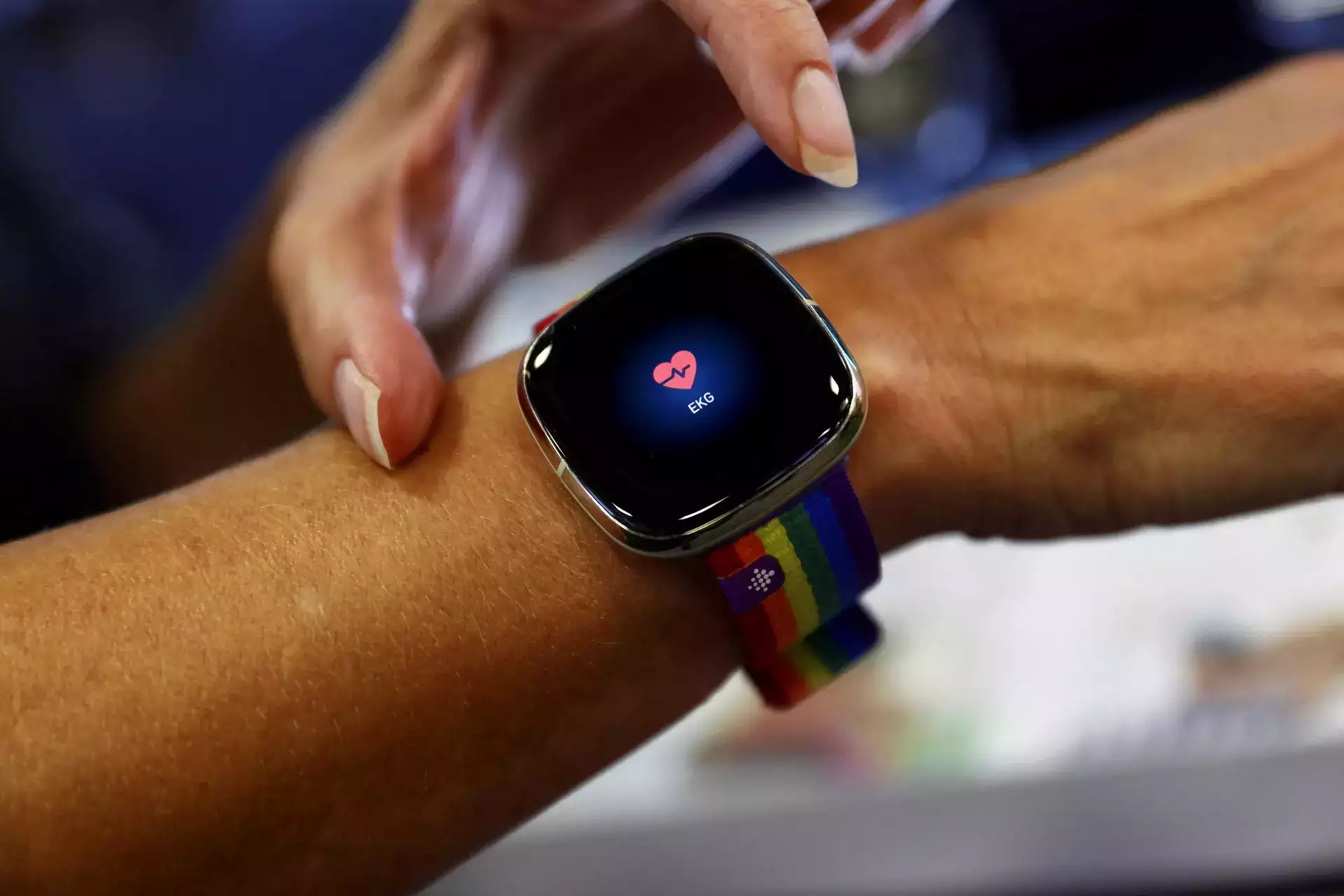On August 31, a significant development in the realm of data privacy emerged as the Austrian-based digital rights advocacy group, Noyb (None Of Your Business), led by renowned privacy activist Max Schrems, filed formal complaints against Fitbit, a subsidiary of Google, in three European Union countries: Austria, the Netherlands, and Italy. The primary accusation revolves around Fitbit’s alleged violation of the European Union’s General Data Protection Regulation (GDPR), which is designed to safeguard individuals’ privacy in the digital age.
Noyb, known for its relentless pursuit of digital privacy rights, has previously initiated numerous complaints against tech giants, including Alphabet Inc.’s Google and Meta (formerly Facebook), resulting in substantial fines and increased scrutiny of data handling practices within the tech industry. These actions underscore Noyb’s commitment to holding companies accountable for potential privacy infringements.
The core issue in the Fitbit case pertains to the company’s data handling policies. Specifically, Fitbit is accused of coercing its users into consenting to the transfer of their data outside the European Union, a practice deemed in violation of GDPR. Furthermore, Fitbit reportedly does not provide its users with a clear mechanism for withdrawing their consent, which is a key requirement under GDPR.
Fitbit, a prominent player in the fitness tracking market, offers a range of devices that monitor various health metrics such as activity levels, heart rate, and sleep patterns. Additionally, the company provides subscription services, starting at $9.99 per month, to enhance the user experience.
One of the pressing concerns highlighted by Noyb is Fitbit’s handling of sensitive health data. Despite collecting extensive health-related information from its users, the company has been criticized for failing to adequately explain how this data is utilized, as mandated by law. This lack of transparency regarding the use of personal health information is raising eyebrows within the privacy advocacy community.
Under GDPR regulations, companies found guilty of violating data protection rules can face significant fines, amounting to as much as 4% of their global annual revenue. In the case of Google, Fitbit’s parent company, the stakes are notably high, given Google’s staggering annual revenue of $280 billion in 2022.
Noyb’s demands in this matter include compelling Fitbit to provide comprehensive information to users regarding the transfer of their data and affording them the option to use the Fitbit app without mandatory consent to such transfers. While GDPR affirms an individual’s right to withdraw their consent, Fitbit’s existing privacy policy appears to restrict this option to the drastic step of deleting one’s account, a move that entails the unfortunate loss of previously recorded workouts and valuable health data.
Noyb’s actions against Fitbit underscore the ongoing battle for data privacy rights in the digital era. The case draws attention to the significance of transparency and user consent in data handling practices, particularly when it comes to sensitive health information. As this legal battle unfolds, it serves as a reminder of the pivotal role that advocacy groups play in holding tech giants accountable for safeguarding user data and upholding GDPR regulations.





